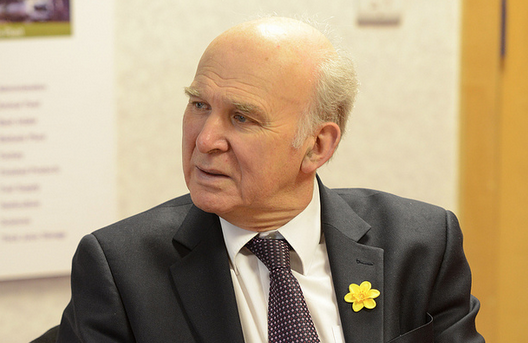Having been lauded by the government as a way to ‘remove barriers’ for growth and ‘strengthen the foundations’ for the continued and sustainable economic recovery, the Small Business Bill has now received renewed backing by the very companies it will serve.
In a survey of 100 UK SMEs by private equity firm Key Capital Partners, 80 per cent stated that the bill will provide greater access to funding – while 95 per cent ’emphatically back the proposals’.
At the forefront of the bill, first revealed in June, was access to finance – namely though building out the availability, and especially sources, of investment for SMEs. This is set to be done by opening up access to small business credit data, therefore ensuring that it is simpler to get a loan from lenders other than banks.
On the late payments front, also included in the bill, some 60 per cent revealed that they believe the new legislation will address the issue in enough detail.
Peter Armitage, partner at Key Capital Partners, comments, ‘SMEs have often struggled with accessing the finance necessary to maximise growth, and up to this point they have received little in the way of assistance from the government.
‘However, our results show that the measures in the Small Business Bill are a step in the right direction. With the government now standing firmly behind SMEs, growth continues to be talking point for many businesses.’
More on the Small Business Bill:
- Boiling down the contents of the Small Business Bill
- Small Business Bill opens the door for banking referrals
The transparency of company ownership and control element of the bill is set to lead to the creation of registers of persons with ‘significant’ control over most companies as well as the formation of a central register at Companies House.
Providing more detail on the issue for GrowthBusiness in July, Edward Craft and Charlotte Baker, partner and senior associate at Wedlake Bell, said that the new law will contain a lot of complexity which companies will need to get used to. Companies (and investors) will need to understand the new procedures as soon as possible and work together to deliver an efficient adoption of the new regime.
BIS’s own impact assessment recognises that these measures will cost the government no more than £300,000 a year to establish and maintain but will cost business over £500 million in year one and almost £80 million each year thereafter.
One survey respondent, who is themselves backed by Key Capital Partners, says that recent company growth has opened it up to the issue of accessing finance.
Andrew Wass, managing director at Gear4music, adds, ‘The Small Business Bill has our collective, and hopefully we will see an increase in investment in the UK’s smaller businesses in the coming year.’






